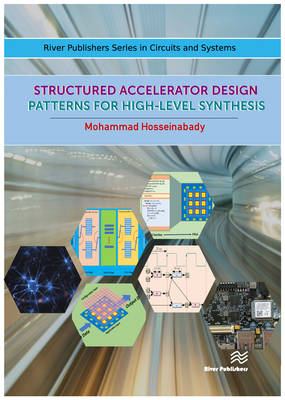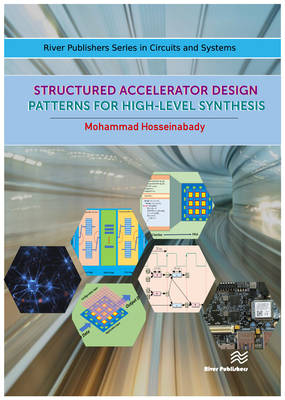
- Afhalen na 1 uur in een winkel met voorraad
- Gratis thuislevering in België vanaf € 30
- Ruim aanbod met 7 miljoen producten
- Afhalen na 1 uur in een winkel met voorraad
- Gratis thuislevering in België vanaf € 30
- Ruim aanbod met 7 miljoen producten
Zoeken
€ 111,95
+ 223 punten
Omschrijving
Accelerators now play a crucial role in computing systems. With the emergence of a new wave of academic and industrial high-level synthesis (HLS) tools, FPGA-based accelerators now are more accessible to software programmers. However, there are several burdens placed upon the programmers to design a high-performance accelerator when using FPGA, such as different memory and parallel programming models. Therefore, a high-level structured design approach targeting accelerator is essential. This approach advances software programming techniques to utilise FPGAs efficiently. This book explains the concept of accelerator design using current high-level synthesis tools and techniques. It describes different types of regular and irregular accelerator patterns as a structured building block for FPGA implementation. The cutting-edge programming models based on C/C++ and OpenCL are used to explain standard computation and memory patterns through many examples and case studies. In short, this book - offers theory and practice of HLS parallel programming techniques for FPGA - describes parallel patterns for regular and irregular algorithms - contains detailed examples in C/C++ and OpenCL for HLS - represents the efficiency of FPGA accelerators through several case studies in scientific computation and machine learning areas
Specificaties
Betrokkenen
- Auteur(s):
- Uitgeverij:
Inhoud
- Aantal bladzijden:
- 300
- Taal:
- Engels
- Reeks:
Eigenschappen
- Productcode (EAN):
- 9788770223959
- Verschijningsdatum:
- 30/09/2022
- Uitvoering:
- Hardcover
- Formaat:
- Genaaid
- Afmetingen:
- 152 mm x 229 mm

Alleen bij Standaard Boekhandel
+ 223 punten op je klantenkaart van Standaard Boekhandel
Beoordelingen
We publiceren alleen reviews die voldoen aan de voorwaarden voor reviews. Bekijk onze voorwaarden voor reviews.











